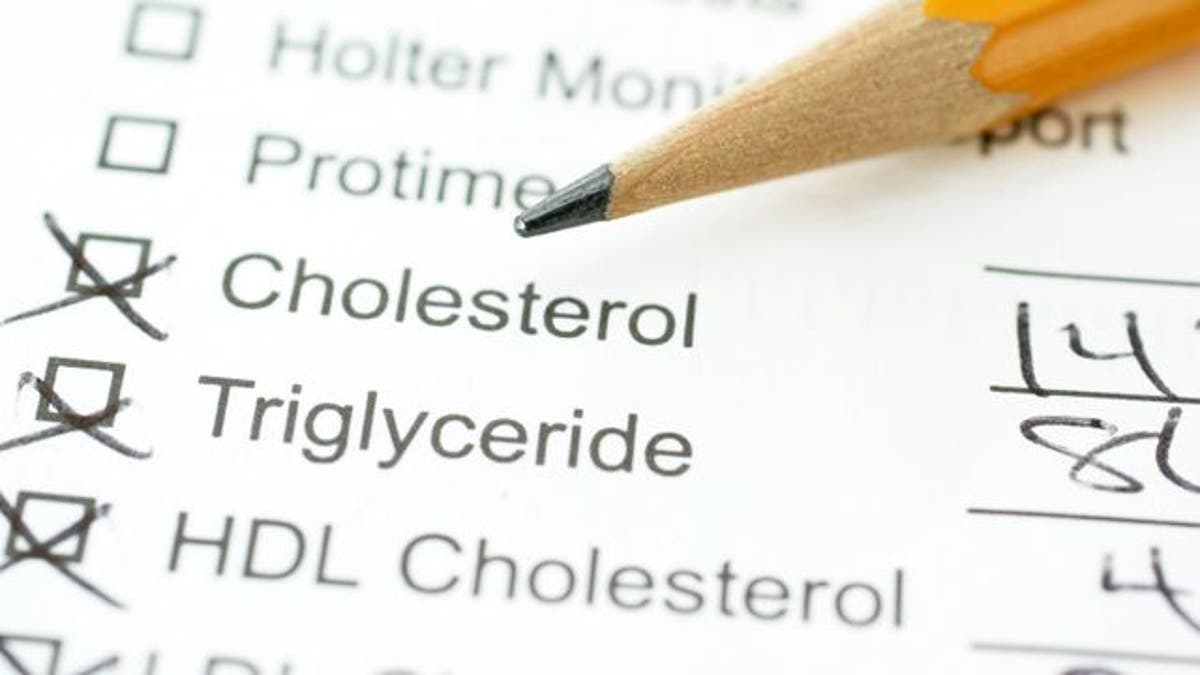
Drugs that have been investigated to increase so-called “good” cholesterol may not prevent deaths, heart attacks or strokes as many hoped, according to a new analysis.
Due to limitations in existing studies and ongoing experiments involving these and other drugs, researchers not involved with the analysis caution that it’s too early to give up on medications that increase high-density lipoprotein (HDL) cholesterol, however.
“In the time before statins were available, there were several pieces of evidence that HDL-raising drugs reduce cardiovascular events, but since the time statins have been used there is now evidence that HDL-targeted therapies don’t do anything to decrease mortality,” said Dr. Darrel Francis, the study’s senior author from Imperial College London.
Unlike low-density lipoprotein (LDL), which is the so-called “bad” cholesterol that piles up in blood vessels, HDL is considered good because it’s thought to chip away LDL cholesterol.
People with low HDL levels and high LDL levels are known to be at an increased risk of death, the researchers write in the journal The BMJ.
Drugs known as statins - such as Pfizer’s Lipitor - that lower LDL have been found to be effective at reducing deaths. Attention has turned to the development of drugs that increase levels of HDL to achieve added benefits.
Francis and his colleagues examined the results of 39 randomized controlled trials - the gold standard in medical research - that evaluated the use of three drugs known as niacin, fibrates and cholesterylester transfer protein (CETP) inhibitors.
While the drugs differ in how they work, all three increase the amount of HDL cholesterol in the body.
Overall, the drugs did not reduce the number of deaths from any cause or deaths from heart disease before or after statins became common.
Before statins, fibrates reduced heart attacks and niacin reduced heart attacks and strokes. After statins, the benefit from the two HDL-increasing drugs disappeared.
The researchers write that the simple idea that a drug that raises HDL levels should also decrease the number of heart attacks and strokes may not be correct.
“Even if HDL is carrying cholesterol away from the coronary arteries, that doesn't mean that any therapy that raises HDL is automatically protective,” Francis said. “After all, the therapy could just be blocking cholesterol traveling on HDL from exiting.”
But a closer look should be given to specific groups of patients before researchers abandon work on drugs targeting HDL cholesterol levels, cautioned Dr. Leonard Kritharides in an editorial accompanying the new study.
Kritharides, the head of cardiology at Concord Repatriation General Hospital in Sydney, Australia, said other research has suggested there may be a benefit among people with low HDL cholesterol and high triglycerides, which is another type of fat in blood.
“The possibility of important benefits for some patients should not be dismissed too lightly,” he wrote.
Dr. Steven Nissen, the chair of cardiovascular medicine at the Cleveland Clinic in Ohio, also said the studies included in the analysis had limitations and there are more studies on HDL-increasing drugs underway.
“I think the science here hasn’t been fully worked out and the only way to answer it is with randomized controlled trials and that’s what a number of people are doing,” said Nissen, who wasn’t involved with the new study. He is the head of a trial for a CETP inhibitor from Eli Lilly.
“If every study underway fails, we’ll have to give up on HDL at some point,” he said, adding that researchers aren’t there yet.
“What we don’t need here is to prejudge ongoing research,” Nissen said.
